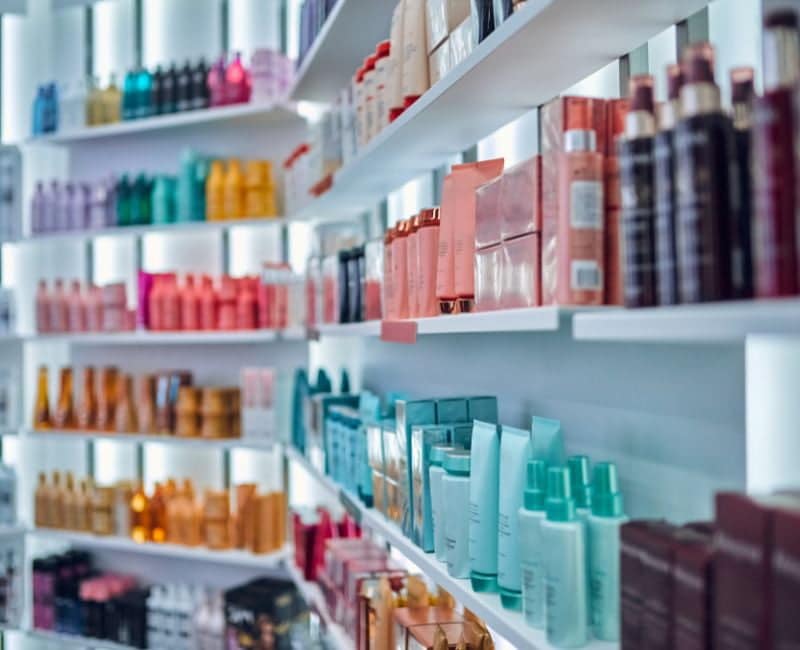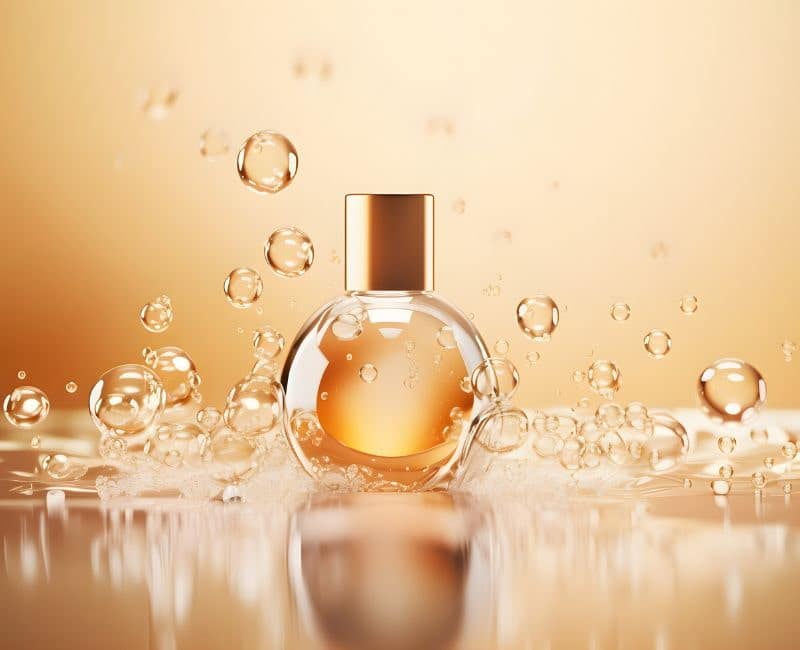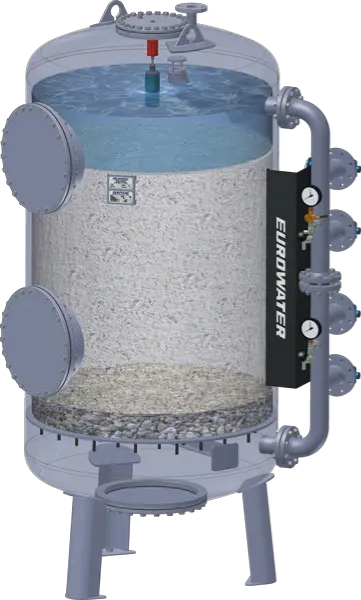Home » Cosmetics
Cosmetics
Pure water in cosmetics is vital in its formulation. Most beauty products contain approximately 60% to 85% water. Using pure water in beauty eliminates the possibility of chemical contaminants and microorganisms that would alter the products.
Water quality in the cosmetics industry
The water quality affects the microbiological properties of the product. The water used in cosmetics is expected to be pure water. We must constantly test the water for microorganism growth since it is the main component in cosmetic products.
The total number of bacteria in pure water in pharmacopeias should not exceed 100 cfu/ml. Also, the water should be free of pathogenic bacteria to ensure it meets production hygiene requirements.
Pure water fountains
Getting rid of chemical of water in cosmetics requires water purification to obtain pure water in the industry. The process removes unwanted chemicals, inorganic and organic materials, and biological contaminants from water. The process includes:
- Distillation
- Deionization
- Reverse Osmosis
- Ultrafiltration
Distillation involves converting a liquid into vapor to condense it into liquid form. On the other hand, deionization involves removing ions by extracting dissolved salts. These processes are instrumental in producing pure drinking water. Pure water in cosmetics must meet industry applications’ requirements for clean and potable water.
Other processes to purify water include reverse osmosis and ultrafiltration, which filter out impurities and contaminants from water. These fountains provide a constant, pure water supply.
Purifying the water ensures it reduces contaminants such as particles, bacteria, and other extra microorganisms. Water purity is guaranteed from its origin to its use in manufacturing by ensuring our water purification systems meet regulations and help ensure quality products. Water treatment uses different techniques to ensure it produces the right quality of pure water.

Functions of water in cosmetics
Pure water in cosmetics is used as a solvent in personal care products and cosmetics as it dissolves many ingredients in beauty and skin care. It’s also used to form emulsions in the oil and water components of the products.
Other purposes it serves include as a stabilizing agent to ensure it prevents separation of the product components. Also, water acts as a humectant to attract and retain moisture. So, it keeps skin hydrated and makes products effective.
Formulation processes with pure water
You use the right balance for pure water to dilute the product. You don't need to overdilute to ensure it maintains the right texture and performs.
The pure water must be compatible with other ingredients as it must match with active compounds, thickeners, emulsifiers, and preservatives in the formulation.

Pure water and sustainability
Water treatment in the cosmetics industry is essential to ensure it sources pure water and maintains sustainability. Cosmetic companies must use sustainable water sources that purify wastewater to minimize environmental impact.
Manufacturers must prioritize water conservation and reduce water waste during production processes. Recycling water and purification systems are practices that can promote sustainability.
The importance of demineralized water for cosmetics development
To conclude, pure water is essential in formulating high-quality cosmetic products. Pure water in cosmetics helps everyone make better and proper items in the beauty industry. So, it’s essential always to use high-standard water quality to ensure the best production of your cosmetics and beauty products.
Check out our beauty product formulation experts and explore pure water in cosmetics.
